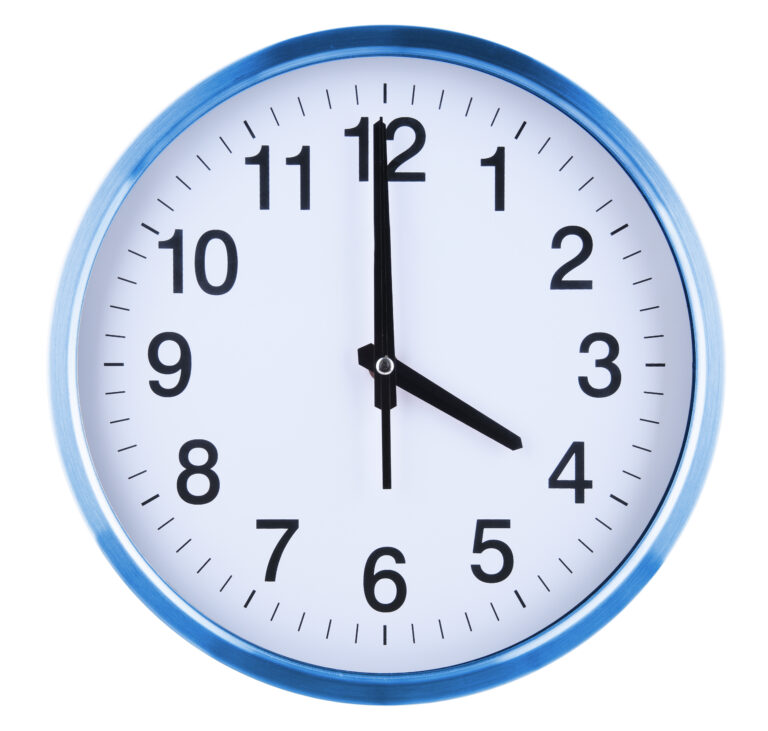**How Your Fear of Merry-Go-Rounds Can Predict Vestibular Quirks**
Have you ever felt a wave of dizziness or disorientation when you see a merry-go-round spinning? This might seem like a strange reaction, but it can actually be a sign of something more serious related to your vestibular system. In this article, we’ll explore how your fear of merry-go-rounds can predict vestibular quirks and what it means for your balance and eye movements.
### What is the Vestibular System?
The vestibular system is a network of tiny organs in your inner ears that help your brain understand the position and movement of your head. It’s like having a built-in balance system that keeps you steady and oriented in the world. When this system works properly, you can walk, run, and even ride a merry-go-round without feeling dizzy.
### What Happens When the Vestibular System is Off?
Imagine your brain is trying to keep track of where you are and how you’re moving. If the vestibular system is not working correctly, it can send mixed signals to your brain. This can cause symptoms like dizziness, vertigo, and even nausea. These symptoms can be triggered by simple actions like walking, turning, or even just looking at a spinning object like a merry-go-round.
### How Does Fear of Merry-Go-Rounds Relate to Vestibular Quirks?
If you feel a strong sense of fear or discomfort when you see a merry-go-round spinning, it might be because your brain is picking up on the conflicting signals from your vestibular system. This fear can be a warning sign that there is something amiss with your balance and eye movement systems.
### Common Vestibular Disorders
There are several common vestibular disorders that can cause these symptoms. Some of the most common include:
– **Vertigo**: This is a feeling of spinning or dizziness that can be triggered by different movements or positions.
– **Meniere’s Disease**: A condition that affects the inner ear and can cause vertigo, tinnitus (ringing in the ears), and hearing loss.
– **Benign Paroxysmal Positional Vertigo (BPPV)**: A condition where small crystals in the inner ear become dislodged and cause brief but intense episodes of vertigo.
### What Can You Do?
If you’re experiencing these symptoms or have a fear of merry-go-rounds, it’s important to seek medical attention. A healthcare professional can perform tests to determine the cause of your symptoms and recommend treatment.
– **Vestibular Rehabilitation Therapy**: This is a type of physical therapy that can help improve your balance and reduce symptoms of vertigo.
– **Medications**: In some cases, medications can help alleviate symptoms of vertigo and other vestibular disorders.
– **Lifestyle Changes**: Making lifestyle changes such as avoiding triggers that cause dizziness and staying hydrated can also help manage symptoms.
### Conclusion
Your fear of merry-go-rounds might seem like a quirky reaction, but it could be a sign of something more serious related to your vestibular system. By understanding how your brain processes balance and movement information, you can take steps to address any underlying issues and improve your overall well-being. If you’re experiencing persistent or severe symptoms, don’t hesitate to seek medical help. With the right treatment, you can regain your balance and enjoy life without the fear of spinning objects.





